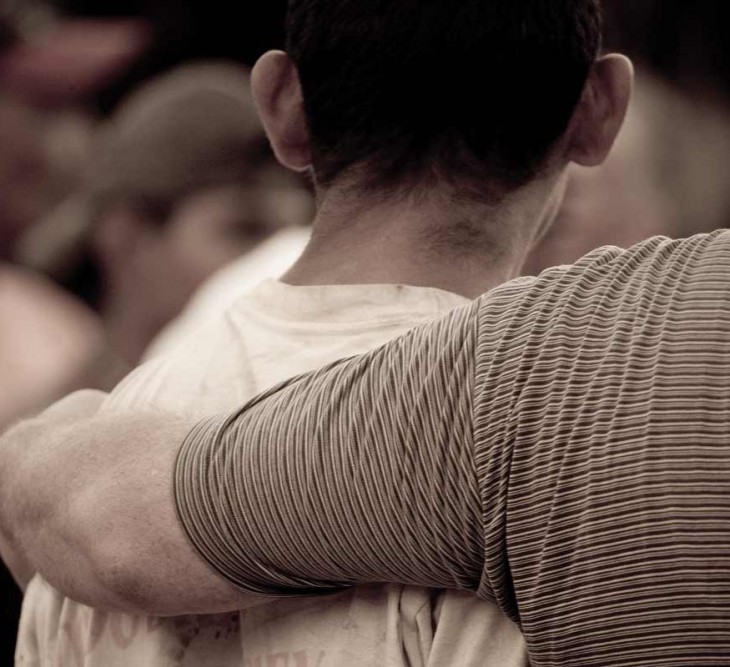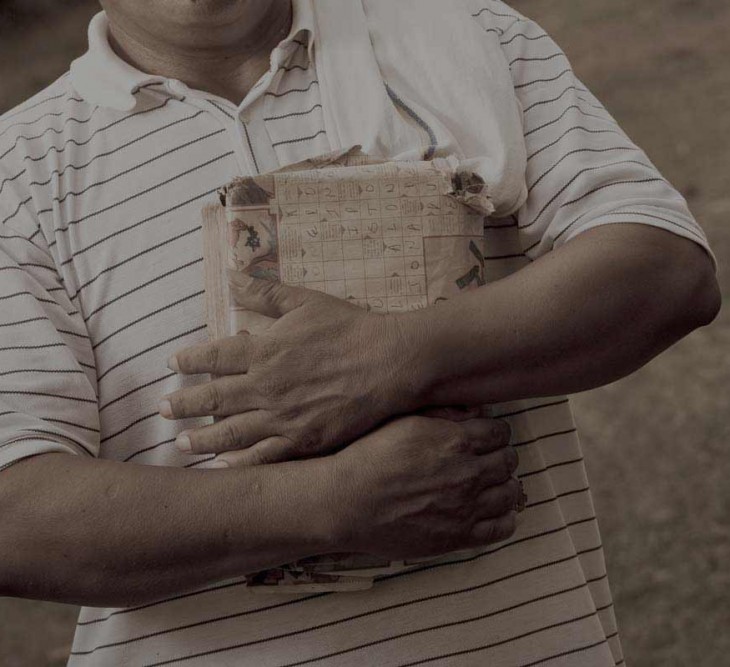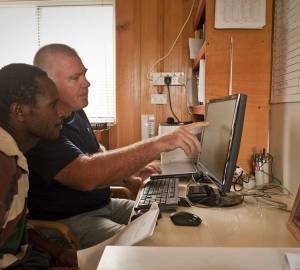It’s a hard trip, and then it gets harder
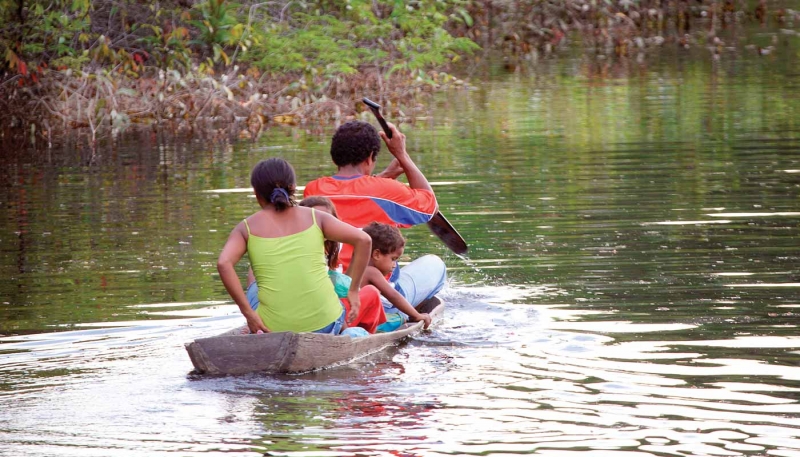
It’s not your average commute.
In order to help Sandy West* translate God’s Word, men and women travel from their remote village for two days by river, then overnight by bus. And there are usually complications along the way.
It’s often difficult to get gas for their outboard motors for the river portion of the trip, and always involves standing in a long line.
“During the river trip they stop over the first night in a small town along the river,” Sandy wrote. “They have been robbed there. On the second night they are in a larger town. They have been robbed there as well.”
The bus leaves in the evening, but they must buy tickets before dawn. Sometimes there will be no bus that night because of breakdowns, and they have to wait another day, or two, and try again. At other times, the bus sells out before they can get tickets.
When they are finally on the bus, the roads can be rough. And it’s a trip of 12 hours or more.
“But they always arrive with smiles on their faces,” Sandy wrote. “They love God and love His Word and want to have it in their language.”
Sandy, her missionary co-worker and their tribal co-workers completed the New Testament in the language of this remote Latin American people group in 2014. “They were thrilled!” Sandy wrote.
Now she and her co-workers are translating the Old Testament — which is roughly four times the size of the New Testament.
The difficulties don’t end with the travel. The people’s language is grammatically complex and “very specific,” Sandy said. “So I always need to know exactly what something looked like; exactly how the action was done.”
It’s not enough to say something was cut. She has to say how it was cut. Location is also an issue. Was it high, or low, or on the ground? “And sometimes, especially in the Old Testament, it just might not be known exactly what something was like,” Sandy said, “so lots of investigation is needed.”
Often she’s treading a fine line deciding what to put into the translation itself and what belongs in explanatory footnotes.
Then there’s the word that generally means “to do.” It’s a word these people use a lot. But it’s also become a slang term for “to have sex.” Sandy and her co-workers have to wrestle with each use of that word.
Thankfully, the woman who is Sandy’s primary translation co-worker “is excellent with the grammar issues and knowing just what verb and verb suffix is the right one to use in each case,” Sandy said. They and other native speakers of the language follow a system of checking, reading, rewording and checking again — and again — that helps them develop a clear, complete and natural translation.
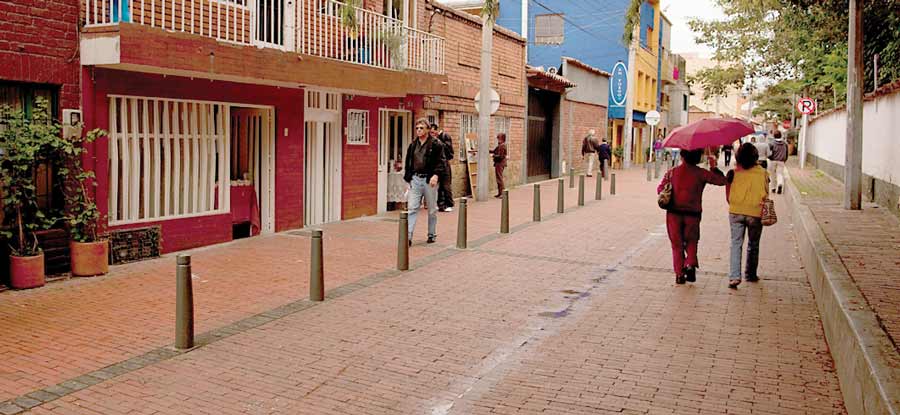
Of course, Sandy, her missionary co-worker and the tribal people working on the translation are not the only ones involved.
“I am so thankful for those who have been with me in God’s work among the tribe, some for almost 25 years,” Sandy said, referring to people like you who have prayed and given to make her ministry possible. “It is through their prayers and giving that I have been here all these years, and that the people now have the New Testament in their language.”
The people are also grateful, and recognize that there is a huge team of believers — including you — making all of this possible. Many ministries contribute to establishing churches and translating God’s Word. And a multitude of people take part in those ministries, as prayer partners, financial partners, encouragers and more.
“Many times,” Sandy wrote, “they said that ... we are one in Christ, working together, helping one another. They often say, ‘You help well!’”
* The name of the missionary has been changed, and the people group name and location omitted in order to safeguard the ministry and the people involved.

